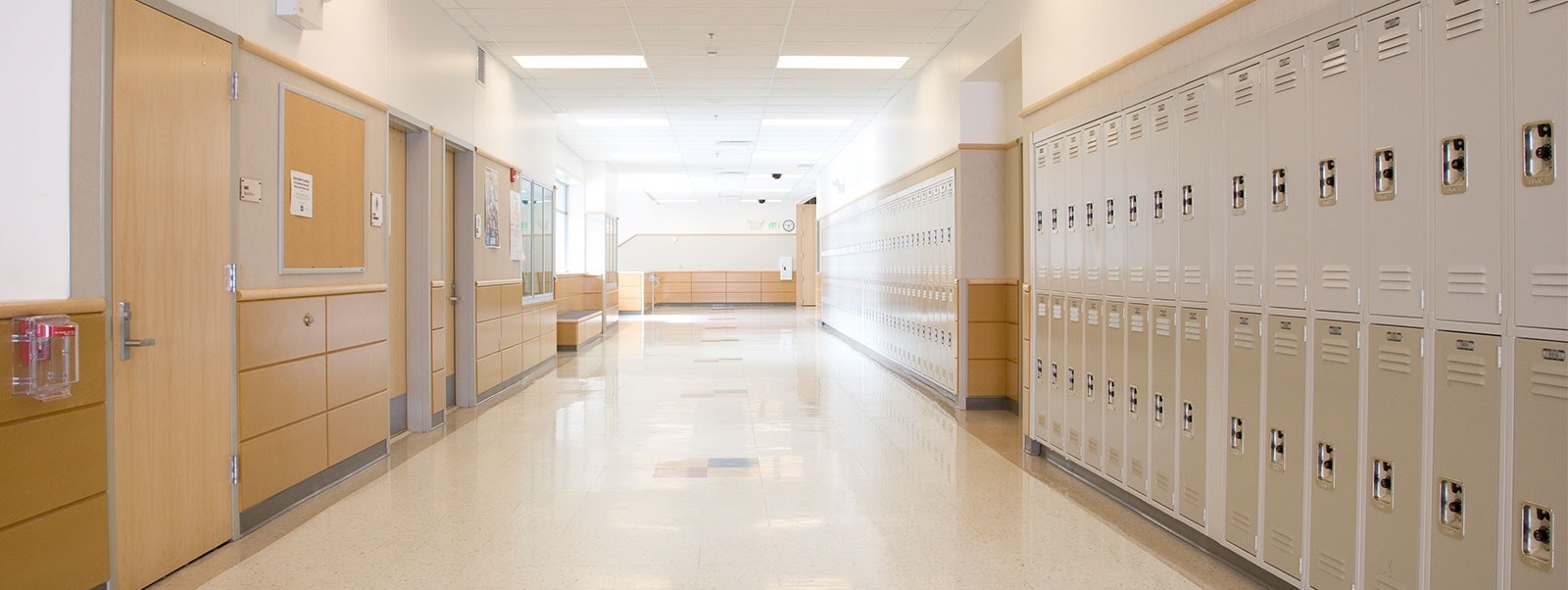By Abdulkarim Alyousef
This article was featured in Arabian Business (Arabic) on June 17.
The English version of the article was featured in Arab News on July 8, 2020.
We are in the midst of the COVID-19 pandemic that has swept across the world, infecting more than 2 million people globally. The health crisis has weighed on economies and people’s livelihoods, forcing governments to enforce social distancing and self-isolation that has largely confined people indoors, halting large parts of public civil life and most importantly, regular schooling.
Prolonged school and university closures will result in the loss of 0.1% to 0.4% of GDP every four weeks, according to Oliver Wyman estimates
Some countries in the GCC have proven to be more progressive in their planning, development and deployment. The UAE has focused on training teachers and tutors in addition to offering advisory plans for distance learning in schools and higher education institutions. Saudi Arabia has launched a new remote teaching award to promote assessment excellence, Kuwait has amended its academic calendar, while Bahrain has implemented online partnerships and Oman has launched digital solutions to aid distance learning through televised lessons.
This rapid response has proved successful in the short-term but the acute impact of the pandemic will linger for the long-term. As such, policymakers and delivery institutions in the region need to build resilience into their education systems to ensure continued quality learning and ensure continuity during times of public crisis and for the long-term.
Ultimately, the COVID-19 pandemic presents an opportunity for governments in the Middle East to build on their robust measures by addressing challenges and embracing innovative solutions to build a student-centric ecosystem that substantially transforms learning.
Please visit Arabian Business for the full article (in Arabic).


